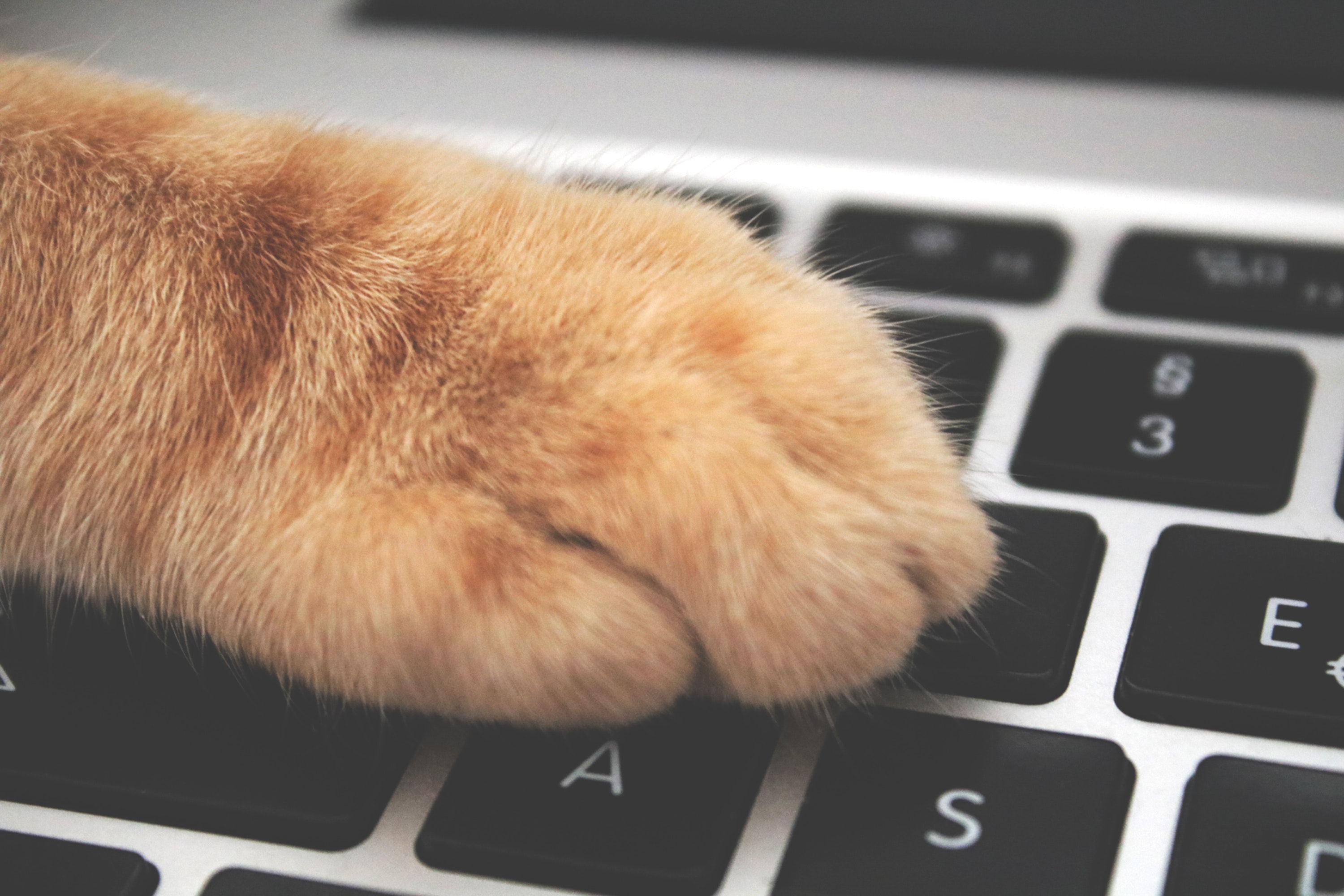How to Become a Veterinary Assistant Online

Looking to become a veterinary assistant online? A veterinary assistant works on the animal care team under the supervision of a veterinary technician and a veterinarian. Veterinary assistants and laboratory animal caretakers work mainly in clinics, animal hospitals, and research laboratories. Their work may be physically and emotionally demanding. If you love animals and have a desire to work in the field as a vet assistant, here are the qualifications:
Education
Most workers entering the occupation have a high school diploma or equivalent.
Training
Most veterinary assistants and laboratory animal caretakers receive short-term on-the-job training.
Licenses, Certifications, and Registrations
Although certification is not mandatory, it allows workers to demonstrate competency in animal husbandry, health and welfare, and facility administration.
Earn a certificate with Blackstone Career Institute’s accredited online veterinary assistant program. It offers a quality education covering the behavior, care, and treatment of animals. Gain a working knowledge of the veterinary assistant field, including veterinary assistant salary information, veterinary anatomy, medical terminology, veterinary office administrative skills, animal care and handling, office technology, time and stress management, critical thinking skills, and working effectively on a team. Fast virtual certificates offer an amazing opportunity to learn and improve your skill set. Earn your Veterinary Assistant Certificate online and become a veterinary assistant now!
Job Outlook
The need for veterinary assistants will continue to grow as pet ownership in the U.S. is on the rise. Animal safety as well as responsible pet ownership has contributed to this increased demand. According to the U.S. Department of Labor, the number of veterinary assistant jobs is expected to grow up to 19% by 2026, much faster than the average career. According to the 2016-2017 Occupational Outlook Handbook, a veterinary assistant salary could be upwards of $37,810 annually, with the middle 50% earning as high as $25,250. Many factors are considered when calculating a vet assistant salary such as location, type of facility, education level and years of experience. Research facilities usually pay higher salaries than clinical or hospital settings.
View from the Field:
“As I progressed through each unit in my Veterinary Assistant program, I felt more and more knowledgeable on the trade, and was excited to move forward and see what the next unit had in store. Before Blackstone, I had always known I wanted to work with animals, just didn’t have any idea where to start. Veterinary Programs can be very expensive at most colleges/universities, and being in my mid-twenties currently working a full time job with a family, going to a conventional college just wasn’t right for me. Not to mention bills need to be paid, so I needed something that allowed me the flexibility to still work, and better my education. I was able to structure my own days and fit in schooling whenever possible. I feel so accomplished knowing I was able to make it through my program without burdening my family by taking time off work. After just completing my program in June, I have already had several interviews and I am about to start working full time at a local animal clinic. Without my career certification from Blackstone I wouldn’t be in this position; and I’m happy I chose Blackstone as a guide to career success.” – A. Eldridge, Veterinary Assistant Graduate
Important Qualities
Communication skills. Veterinary assistants and laboratory animal caretakers communicate with pet owners, veterinarians, veterinary technologists and technicians, and other assistants. They need to be able to explain instructions, procedures, and other information clearly and effectively.
Compassion. Veterinary assistants and laboratory animal caretakers must treat animals with kindness and show compassion to both the animals and their owners.
Detail oriented. Veterinary assistants and laboratory animal caretakers must follow instructions exactly as directed. For example, they must be precise when sterilizing surgical equipment, monitoring animals, and giving medication.
Manual dexterity. Veterinary assistants and laboratory animal caretakers must be adept in both handling animals and using medical instruments and laboratory equipment.
Physical strength. Veterinary assistants and laboratory animal caretakers must be strong enough to handle, move, and restrain animals.



